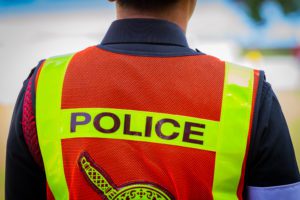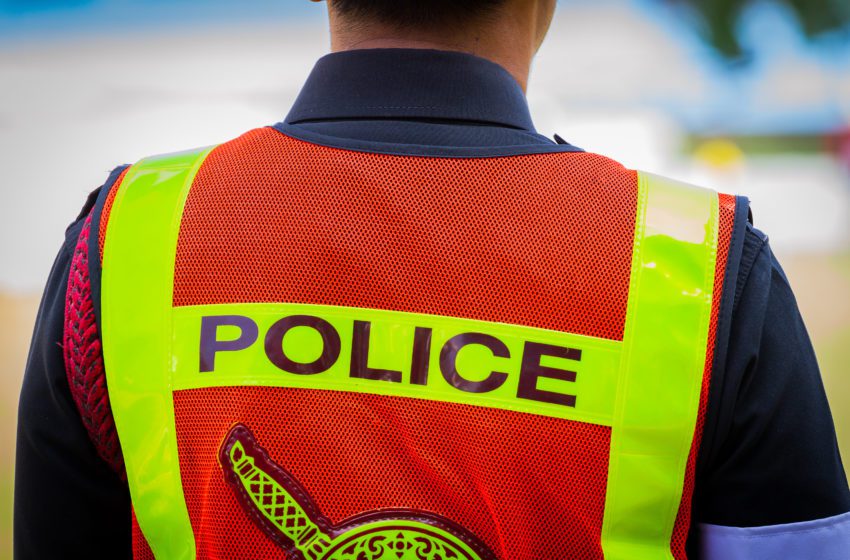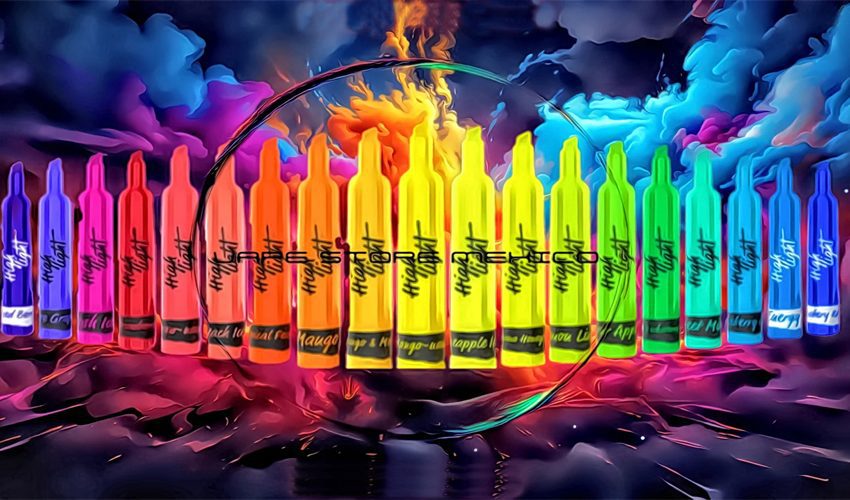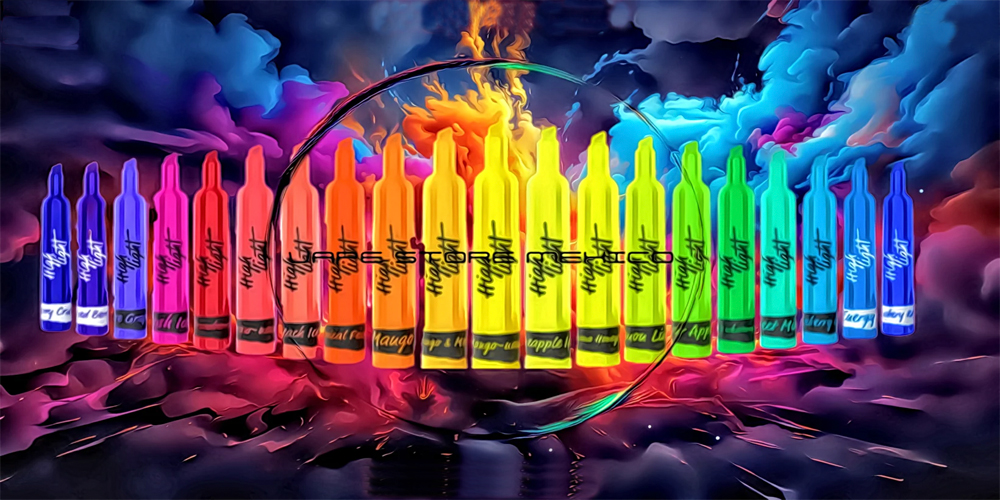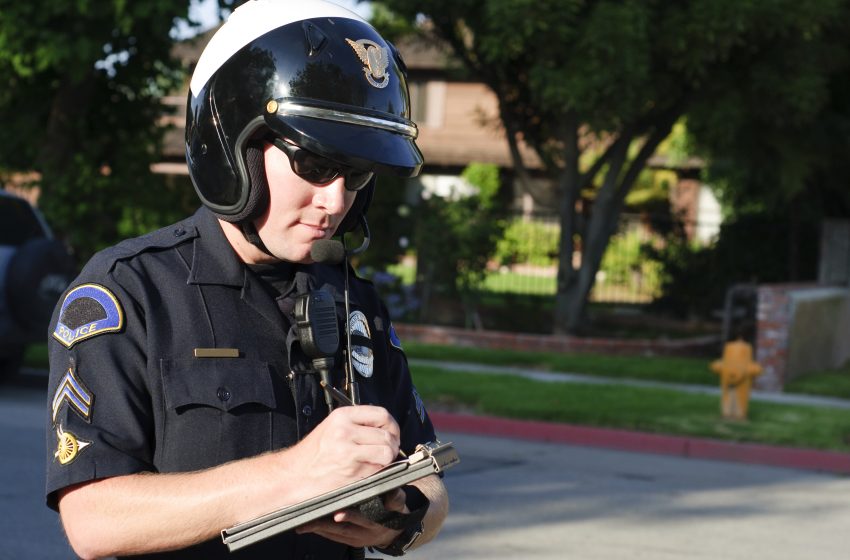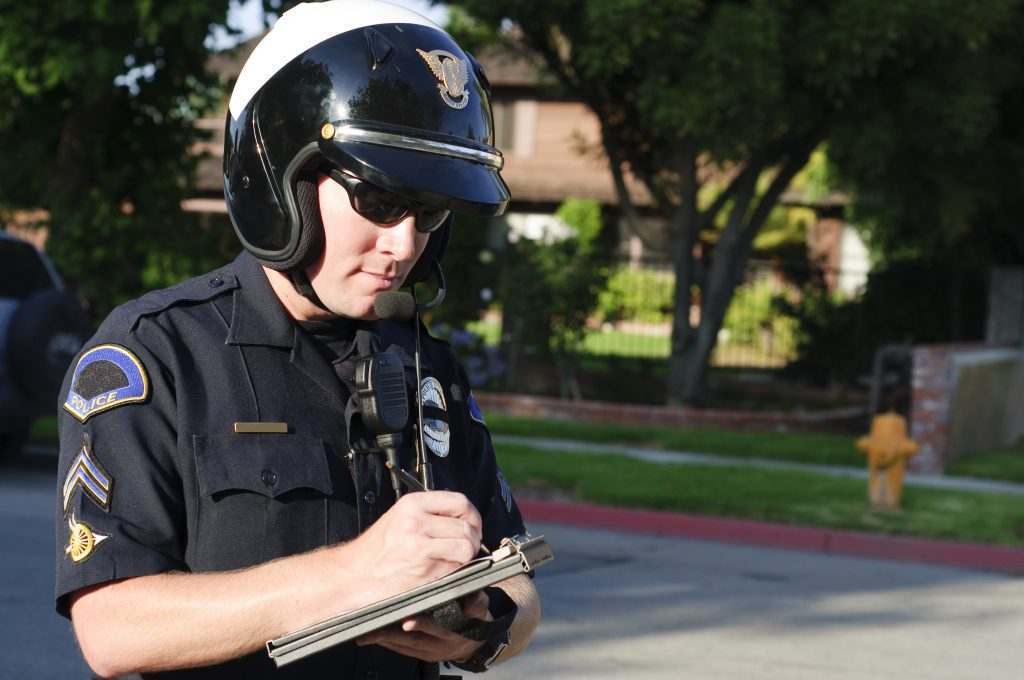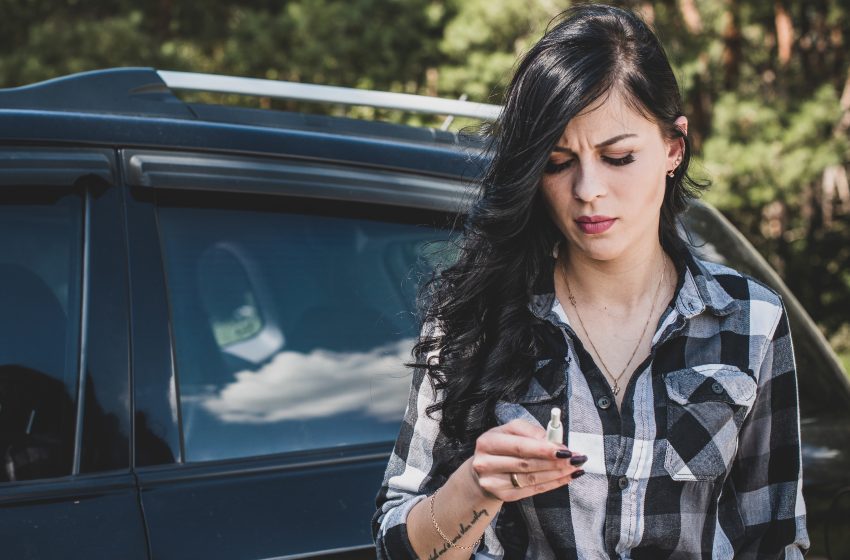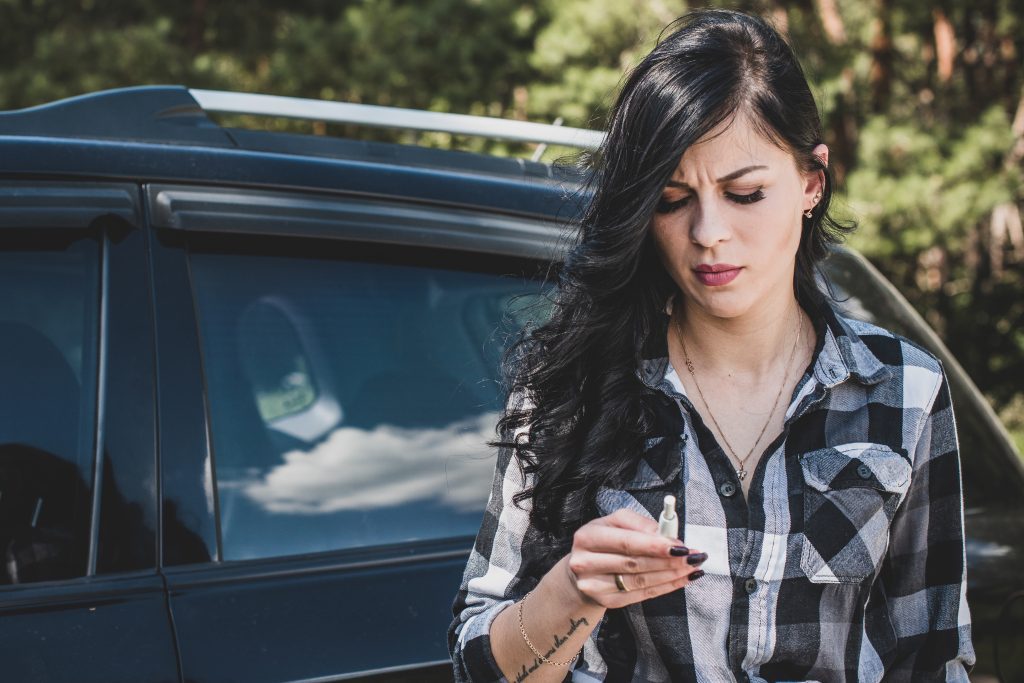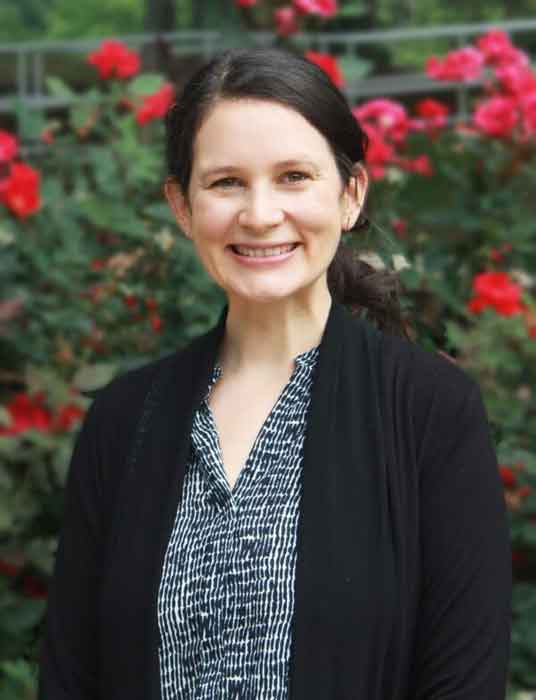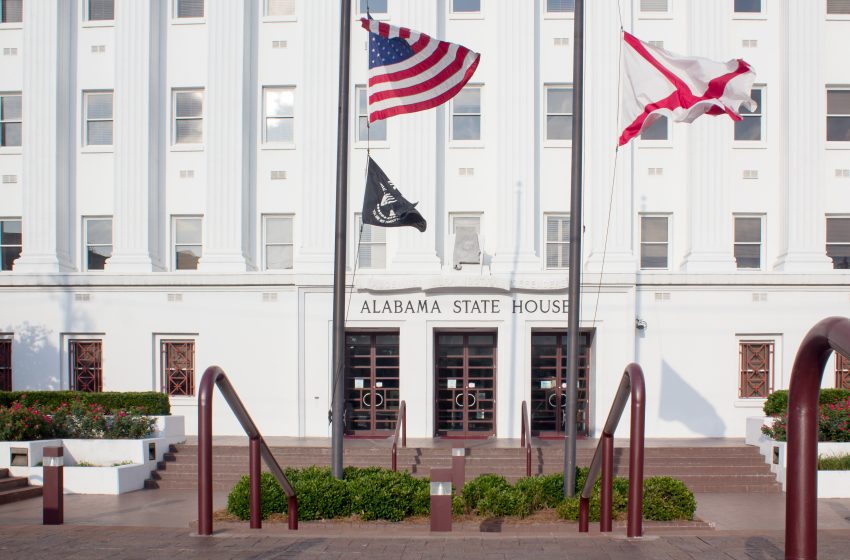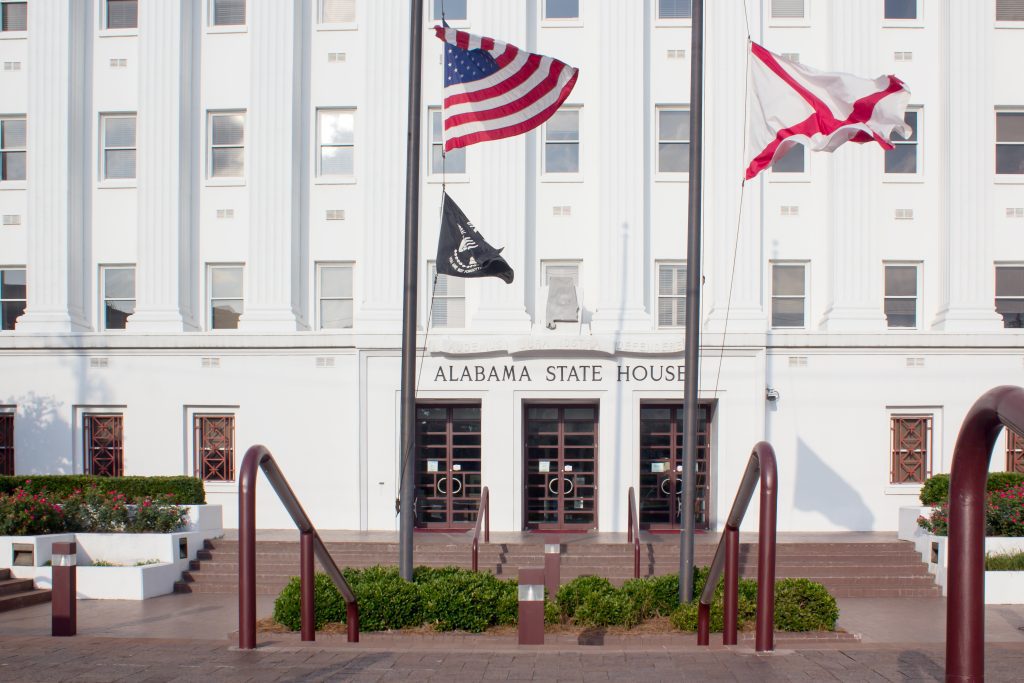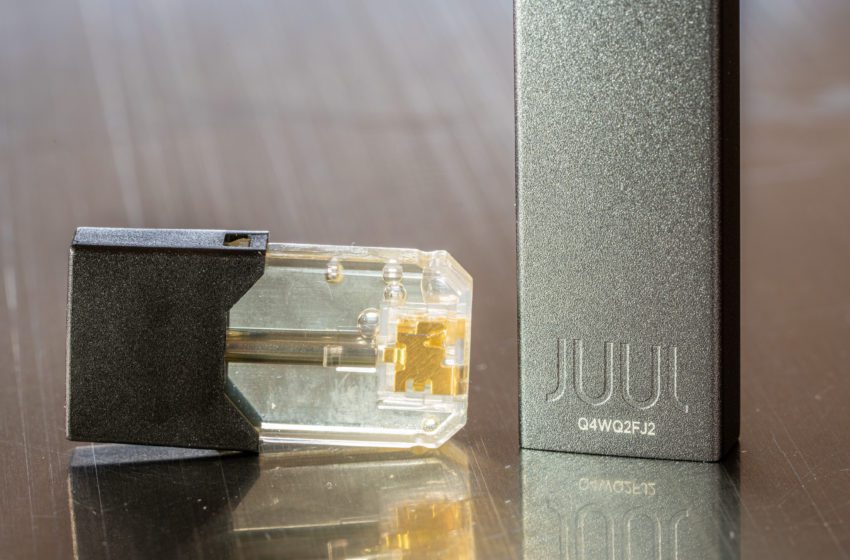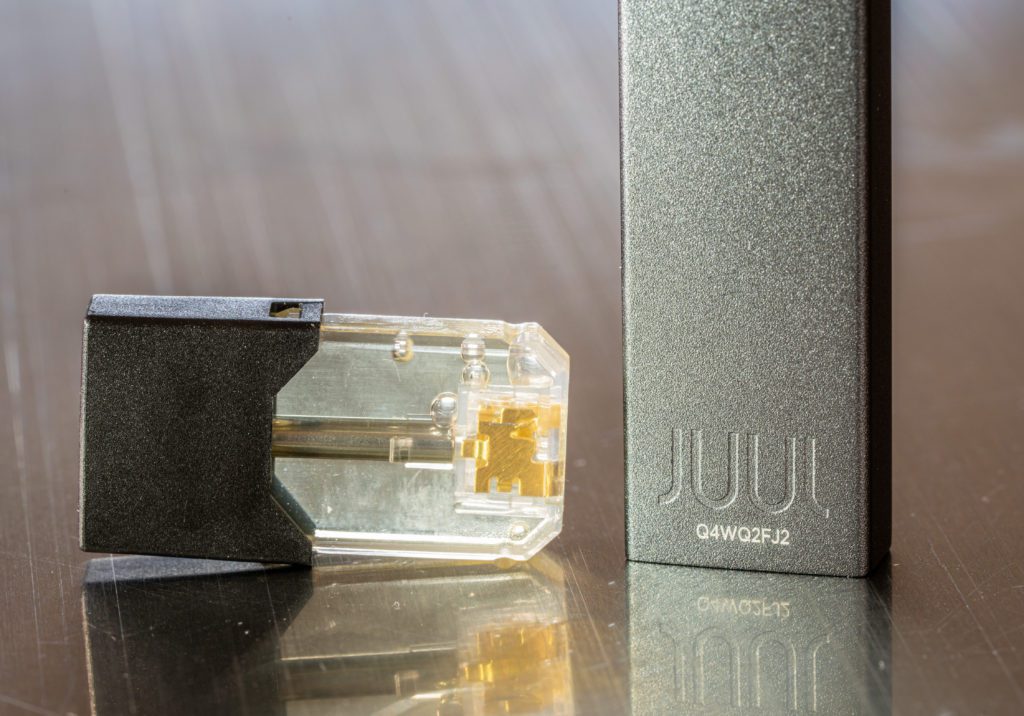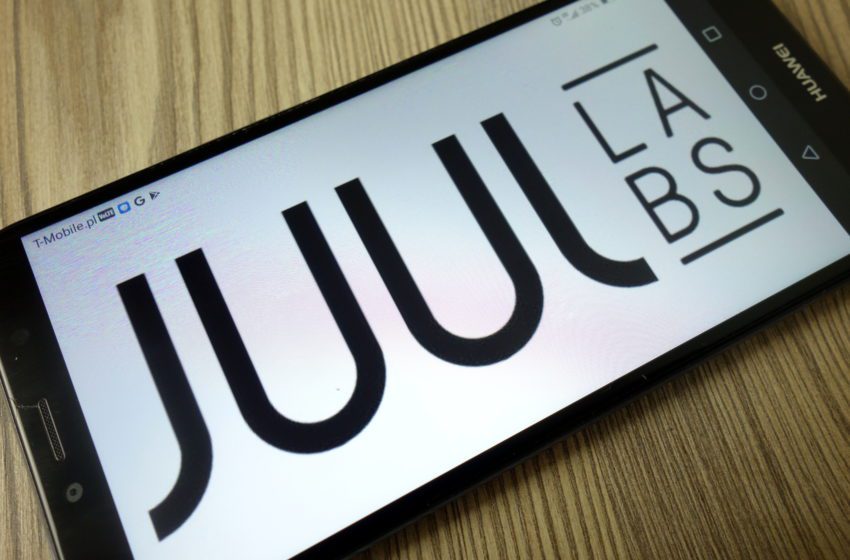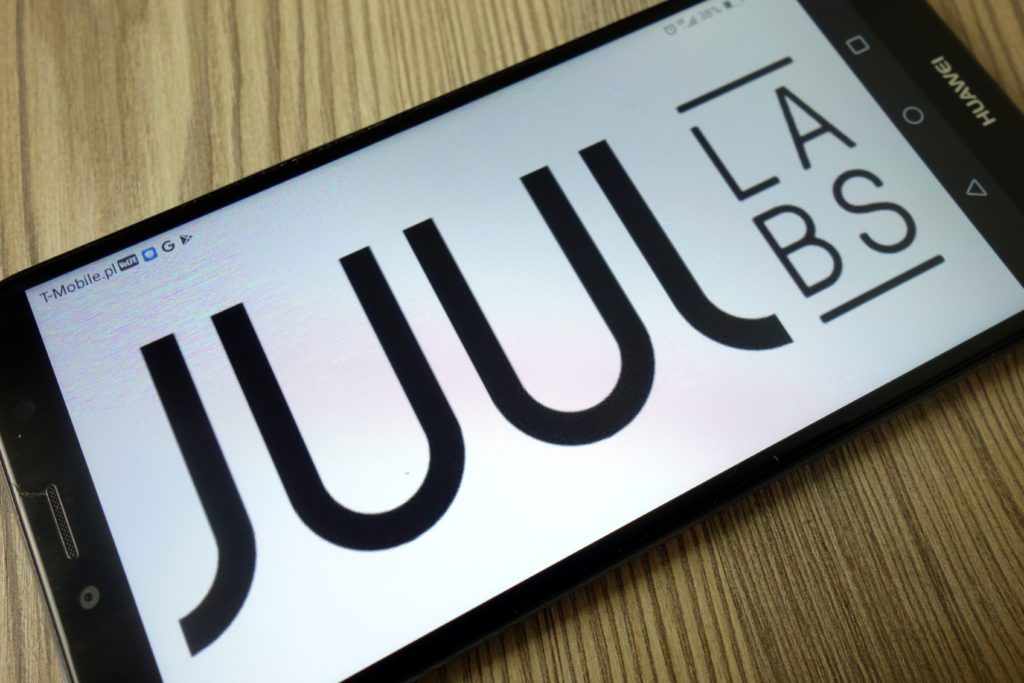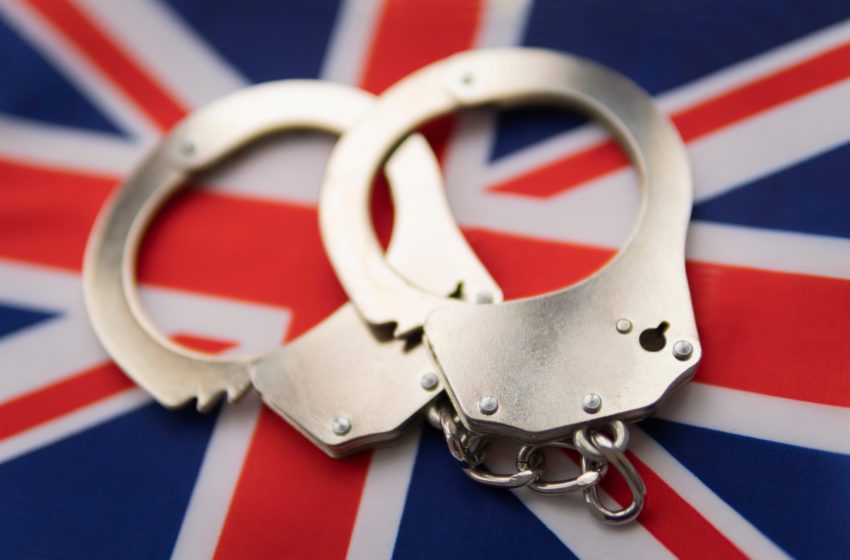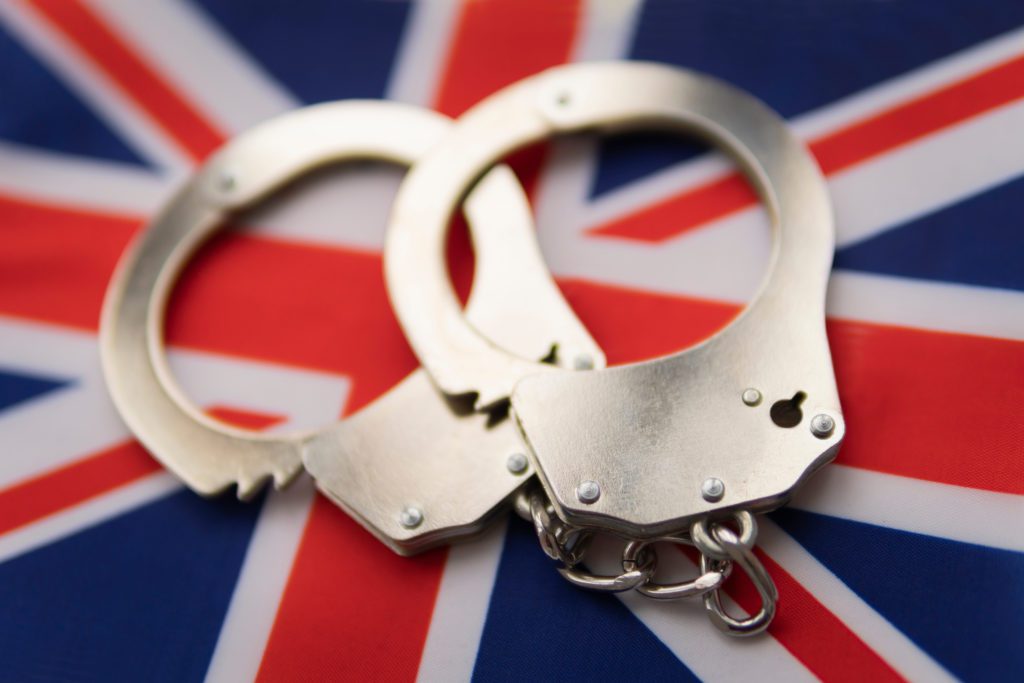The trial of the San Francisco Unified School District’s lawsuit against Marlboro maker Altria continues this week. At the end of the first week, jurors heard testimony that use of vape pens by students had declined before more than doubling from 2017 to 2019.
Only a little more than 7 percent of students throughout the district had reported using vape pens in 2017, former district health administrator Erica Lingell testified Friday. By 2019, she said, that figure had more than doubled to 16 percent.
Lingell said students were using Juul and the district was scrambling to build support systems and give guidance to teachers and staff about them, according to Courthouse News.
“We didn’t have anything for this new substance that the kids were using,” Lingell said in answer to questioning by the school district’s attorney Dena Sharp. “We didn’t have lessons. We didn’t have enough research except for what experts were telling us.”
The school district was building systems to combat Juul from scratch, the attorney claimed. Even after the San Francisco Board of Supervisors banned the sale of e-cigarettes in the city — the corporate home of Juul Labs — in 2019, youth use continued.
For school district officials, it was a scramble to pull together the resources needed to combat Juul’s growth among students. “It was like flying the plane while we were building it,” said Lingrell.
For other substance use issues in the district, there were materials lesson plans, and support groups in place to help teachers tackle the problem. Students leaving class to smoke would interfere with teaching time for the rest of the kids, she said. “Teachers have an incredibly hard and busy schedule already. One kid being gone affects everybody.”
Much of the school district’s argument in its case against Altria involves the distraction which occurred when vaping became “endemic,” interfering not only with teachers’ abilities to control their classrooms but nearly all levels of student life.
The bellwether trial forces Altria to publicly defend itself solo for the first time as it faces thousands more cases that were brought against the company and Juul. In December, Juul Labs agreed to pay more than $1.2 billion to settle more than 5,000 suits blaming the company for a youth vaping epidemic across the U.S.
Juul and Altria defended the first trial that started in March over a case brought by Minnesota over deceptive marketing of e-cigarettes. The companies last month settled the state’s case, though details are yet to be disclosed.
In April, Juul agreed to pay $462 million to six states and the District of Columbia to resolve lawsuits and investigations into the marketing of addictive vaping products to children.
